
Viewpoints | Jul 23,2022
Aug 23 , 2025
By Maiara Folly , Jayati Ghosh and Jörg Haas
As Western commitments fall short, the 100 billion dollars annual climate-finance pledge remains unmet, and the Global South’s choices at COP30 carry global weight. In this commentary provided by Project Syndicate (PS), Maiara Folly, co-founder and executive director of the Brazil-based think tank Plataforma CIPÓ; Jayati Ghosh, professor of economics at the University of Massachusetts Amherst; and, Jörg Haas, head of the Globalisation & Transformation Division at the Heinrich Böll Foundation, write that if leaders align climate goals with development, the world could witness a new centre of gravity in climate governance.
Of all the seismic geopolitical shifts in recent years, perhaps the most striking is the West's rapid decline as a force in global climate governance. Under President Donald Trump's second Administration, the United States (US) has become both more aggressive and more isolationist. Meanwhile, the European Union (EU) has grown timid, fragmented, and inward-looking.
Will the Global South, especially Brazil, South Africa, India, and China, step up to fill the climate leadership vacuum?
In 1972, at the United Nations' (UN) first major environmental conference in Stockholm, Sweden, then-Indian Prime Minister Indira Gandhi famously declared, "Poverty is the worst form of pollution." To this day, the Global South continues to wrestle with the challenge of pursuing sustainable development while promoting environmental responsibility. Many developing countries have long feared that climate policies might reinforce historical inequalities or constrain their growth.
However, the Global South now has an opportunity to ensure that the international agenda reflects its priorities.
Many policymakers recognise the need for a change. While global cooperation has produced numerous important climate commitments, such as those made at the 1992 Rio Earth Summit and those contained in the 2015 Paris Climate Agreement, they remain largely unfulfilled. Financial support from the rich world has been well below what is needed, hindering climate action in developing countries, eroding trust in Western leaders, and lowering global ambitions.
The Global South has no shortage of climate visionaries, from Wangari Maathai to Vandana Shiva and Chico Mendes, who have connected environmental protection with community empowerment. But, the West has controlled the climate narrative for decades because it dominates the science that informs the UN Intergovernmental Panel on Climate Change, the multilateral development banks that provide climate financing, and the global media outlets that shape public opinion.
That is particularly true for the US. Despite its stumbles, such as when President George W. Bush withdrew from the Kyoto Protocol in 2001, the rhetorical ambition of other US presidents, including Bill Clinton, Barack Obama, and Joe Biden, ensured the West remained a leading voice in shaping the climate agenda, even when not matched by action.
Trump's resurgence has brought that era to an end. His Administration has mocked climate science, propped up the fossil-fuel industry, and denounced the UN's 2030 Agenda for Sustainable Development (to say nothing of his destabilising trade war). The EU, weakened by the rise of the far right and preoccupied with bolstering its defences, lacks the political will and has fallen short of providing the economic means to lead on international climate cooperation and finance.
This collapse has shattered the idea of a coherent "West," if such a creature ever existed. But, it could empower the Global South, which bears the brunt of climate shocks, to lead a more equitable and inclusive clean-energy transition. Despite short-term hurdles, in the long run, reducing fossil-fuel dependence, which is becoming more feasible now that renewables are more scalable and reliable, can help stabilise economies and improve public health.
Many governments in the Global South have already played key roles in shaping the Sustainable Development Goals (SDGs) and the Paris Climate Agreement. China has also become the undisputed global leader in green tech, outpacing the West in the shift to renewables. Facing US trade barriers, China's surplus of solar panels, batteries, and wind turbines could be redirected to developing countries, strengthening their energy sovereignty.
There are signs that Brazil, India, South Africa, and China are building on this foundation to forge a cohesive climate agenda ahead of the UN Climate Change Conference (COP30) in Belém, Brazil, which is focused on collective action, or "mutirao". In April, Brazilian President, Luiz Lula da Silva and UN Secretary General, Antonio Guterres, brought together 17 heads of state from the Global South and the EU for a summit seeking to elevate countries' climate ambitions in the lead-up to COP30.
Brazil has also leveraged its BRICS+ presidency to build momentum for COP30, creating a roadmap for expanding cooperation on energy security and establishing the BRICS Laboratory for Trade, Climate Change, and Sustainable Development. In early July, the BRICS+ Summit of presidents and heads of state approved a Leaders' Framework Declaration on Climate Finance. Whether these initiatives will deliver tangible results remains uncertain, given BRICS+ countries' divergent interests.
For example, several members, such as Russia and the United Arab Emirates (UAE), are economically dependent on fossil fuels.
South Africa is using its G20 presidency to amplify African voices and push for debt relief, green industrialisation, and low-cost finance. It is attempting to address the structural barriers that prevent vulnerable countries from investing in climate mitigation and adaptation. With the right financial and technological support, the green transition can drive broad-based prosperity in the developing world.
The costs of clean tech have plummeted, largely owing to China's industrial capacity, making some of the material conditions for climate leadership in the Global South more favourable. China could finance decarbonisation projects in other countries through renminbi loans, export credits, and debt-for-clean-energy swaps. If successful, the de-dollarisation efforts of BRICS+ members could overcome financial bottlenecks and reduce their dependence on Western banks.
In today's fragmented world, multilateralism remains essential, and South-South cooperation on agreed climate targets offers a powerful platform to help revitalise it. The Global South is also well-positioned to lead plurilateral initiatives that advance climate solutions. These coalitions of the willing are crucial for countering the Trump Administration's bullying tactics, including the use of trade negotiations to shift other governments' investment priorities and weaken their green policies.
Of course, Western countries should be held accountable at COP30 for their historic emissions and unmet climate-finance promises. But the summit represents a vital opportunity for the Global South to demonstrate that climate and development goals are not mutually exclusive. To seize it, these countries' leaders should subordinate their differences to their overriding interest in presenting a clear-eyed vision of an energy transition that uplifts their people and protects the planet.
PUBLISHED ON
Aug 23,2025 [ VOL
26 , NO
1321]

Viewpoints | Jul 23,2022
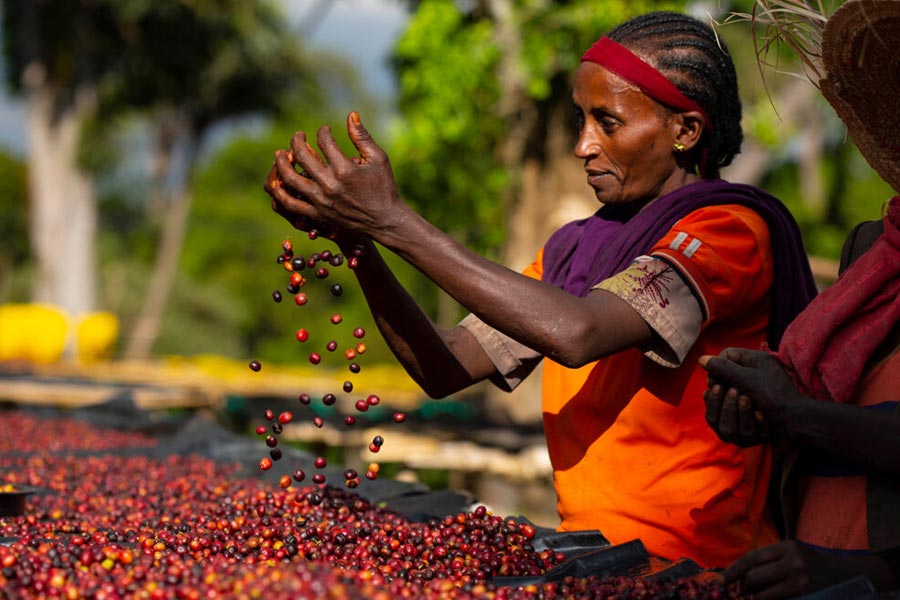
Fortune News | Feb 17,2024

Viewpoints | May 31,2025

Featured | Mar 07,2020
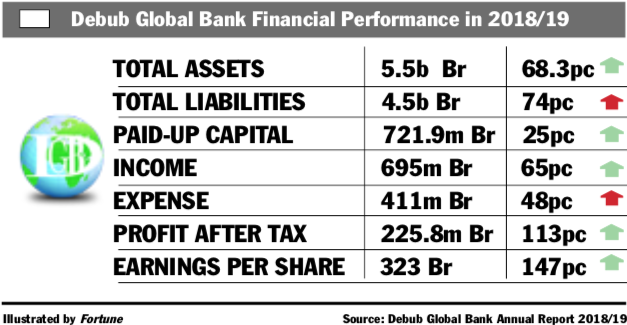
Fortune News | Jan 25,2020

Commentaries | Apr 26,2025

Radar | Aug 25,2024

Commentaries | Mar 18,2023

Fortune News | Apr 30,2022

Viewpoints | Sep 10,2023

My Opinion | 133734 Views | Aug 14,2021

Photo Gallery | 133734 Views | May 06,2019

My Opinion | 130273 Views | Aug 21,2021

My Opinion | 128052 Views | Sep 10,2021

Dec 22 , 2024 . By TIZITA SHEWAFERAW
Charged with transforming colossal state-owned enterprises into modern and competitiv...

Aug 18 , 2024 . By AKSAH ITALO
Although predictable Yonas Zerihun's job in the ride-hailing service is not immune to...

Jul 28 , 2024 . By TIZITA SHEWAFERAW
Unhabitual, perhaps too many, Samuel Gebreyohannes, 38, used to occasionally enjoy a couple of beers at breakfast. However, he recently swit...

Jul 13 , 2024 . By AKSAH ITALO
Investors who rely on tractors, trucks, and field vehicles for commuting, transporting commodities, and f...

Aug 23 , 2025
Banks have a new obsession. After decades chasing deposits and, more recently, digita...

Aug 16 , 2025
A decade ago, a case in the United States (US) jolted Wall Street. An ambulance opera...
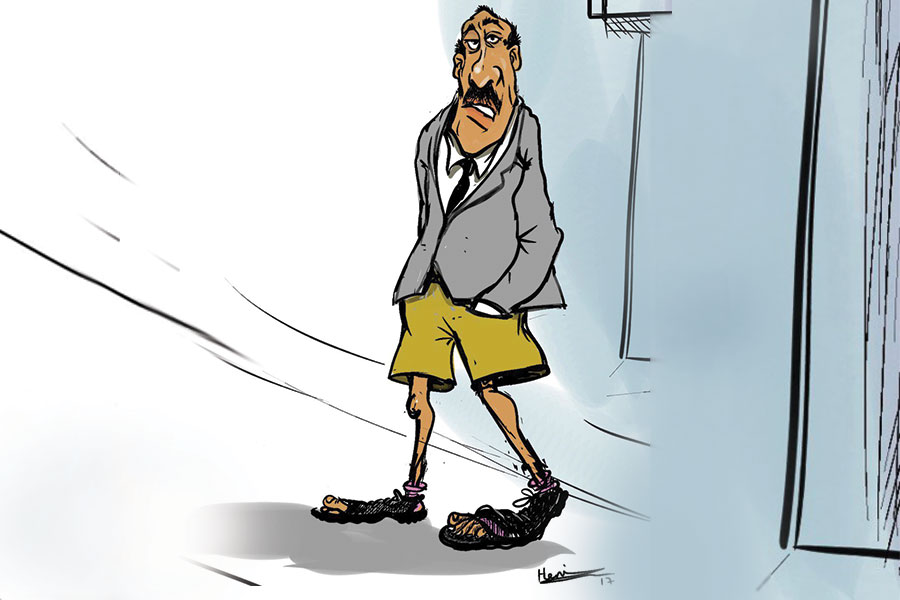
Aug 9 , 2025
In the 14th Century, the Egyptian scholar Ibn Khaldun drew a neat curve in the sand....
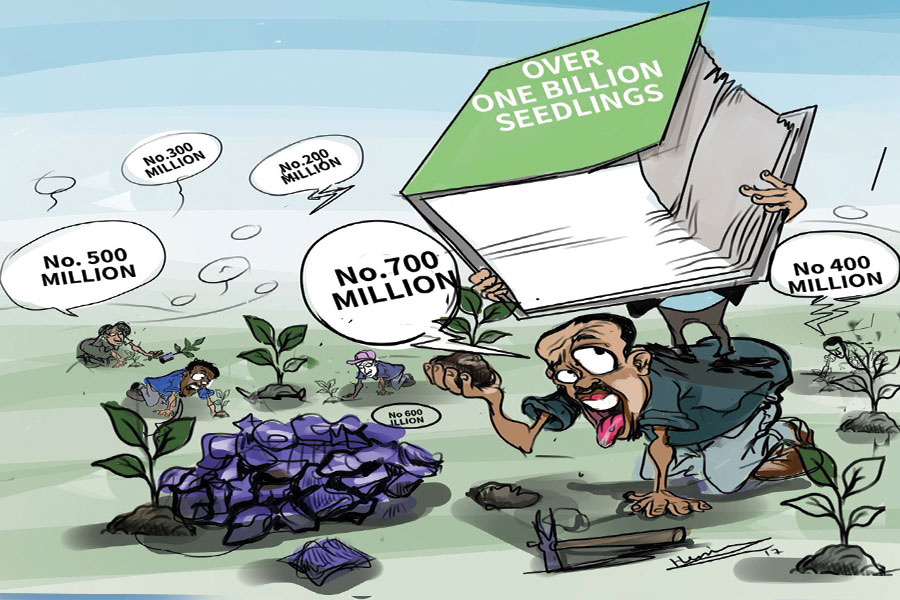
Aug 2 , 2025
At daybreak on Thursday last week, July 31, 2025, hundreds of thousands of Ethiop...
Aug 23 , 2025 . By BEZAWIT HULUAGER
The fuel industry is facing its biggest shakeup in decades as federal regulators roll...
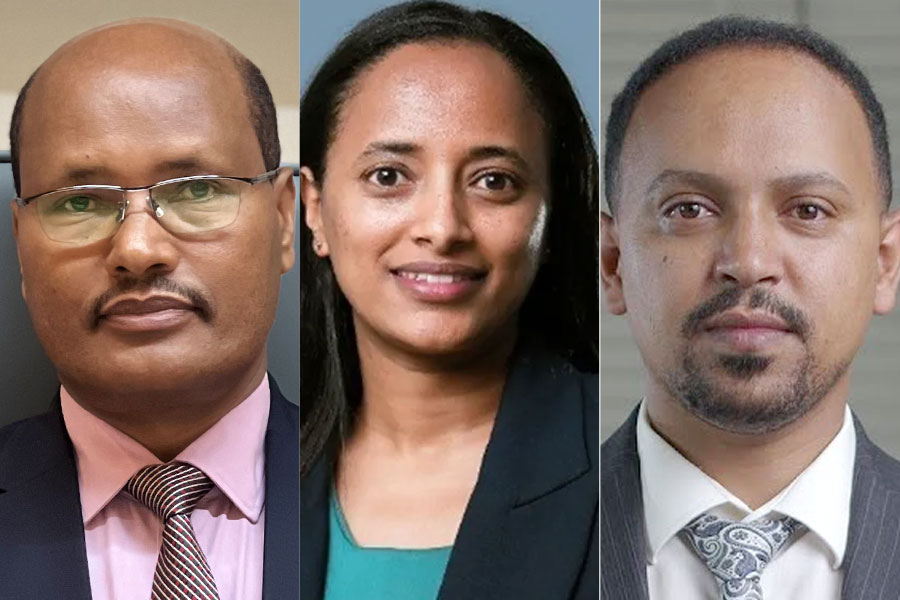
Aug 23 , 2025 . By BEZAWIT HULUAGER
Two domestic companies, IE Networks and Liyana Healthcare, have emerged as the first...
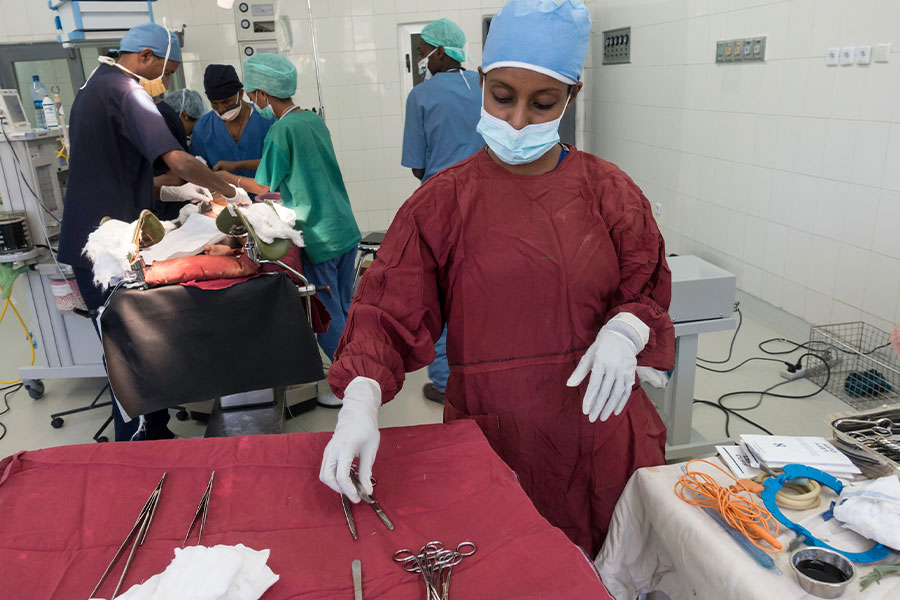
Aug 23 , 2025 . By NAHOM AYELE
A new directive authorises state-run hospitals and clinics to outsource not only non...

Aug 23 , 2025 . By BEZAWIT HULUAGER
The federal government has turned its attention to an unlikely export sector: healthc...